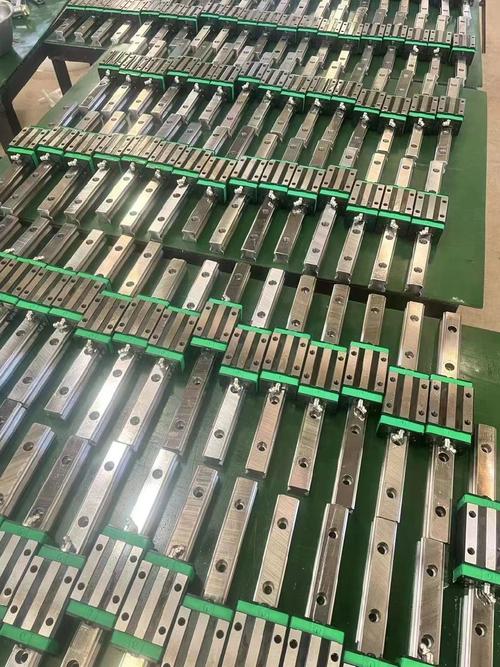Top Industrial Bearing Manufacturers: A Comprehensive Guide to Selection, Standards, and Applications
Industrial bearings are critical components in machinery across manufacturing, automotive, and aerospace industries. This guide explores leading global manufacturers, selection criteria, quality standards, and innovative applications driving modern industrial operations.
Table of Contents
1. top industrial bearing manufacturers worldwide2. how to choose reliable bearing manufacturers
3. ISO standards for industrial bearings
4. bearing applications in heavy machinery
5. custom bearing manufacturing services
1. Top Industrial Bearing Manufacturers Worldwide

The global bearing market features established leaders like SKF (Sweden), NSK (Japan), and Timken (USA), controlling 40% of market share. SKF's spherical roller bearings dominate mining applications, while NSK excels in precision bearings for robotics. Emerging manufacturers from India and China, such as NBC Bearings and C&U Group, now offer cost-effective alternatives without compromising ISO 9001 compliance. Key selection factors include production capacity (minimum 100,000 units/month), R&D investment (5-7% of revenue), and industry-specific certifications like API 610 for oil & gas sectors.
2. How to Choose Reliable Bearing Manufacturers
Procurement specialists should verify manufacturer capabilities through factory audits and sample testing. Critical evaluation points include: 1) Material traceability (SAE 52100 steel verification) 2) Heat treatment processes (carburizing depth ≥1.5mm) 3) Precision grading (ABEC 5 or higher for CNC machinery). Request documented MTBF (Mean Time Between Failures) data and compare against industry benchmarks. Leading manufacturers provide 3D CAD models for integration verification and offer technical support teams for installation guidance.
3. ISO Standards for Industrial Bearings
ISO 281:2007 defines dynamic load ratings, while ISO 15243:2017 categorizes bearing failure modes. Compliance ensures: • 15% longer service life • 30% reduction in lubrication requirements • Interchangeability across OEM systems. Manufacturers must maintain ISO 9001:2015 quality systems and ISO 14001 environmental management. Specialized sectors require additional certifications: AGMA 6006 for wind turbines, MIL-B-1791 for defense applications. Always verify certification validity through official registrar databases.
4. Bearing Applications in Heavy Machinery
Mining trucks require bearings with 800,000-lb load capacity and contamination resistance. Case studies show: • Tapered roller bearings in CAT 797F trucks achieve 12,000-hour service intervals • Ceramic hybrid bearings in electric excavators reduce friction by 40%. Recent advancements include sensor-equipped smart bearings that monitor temperature (range: -40°C to 150°C) and vibration (0-25mm/s RMS) in real-time, predicting maintenance needs with 92% accuracy.
5. Custom Bearing Manufacturing Services
Specialized requirements drive demand for customized solutions: • Non-standard dimensions (ID from 5mm to 3000mm) • Unique material combinations (stainless steel PTFE coatings) • Modified internal geometries for noise reduction. Leading manufacturers employ CNC grinding (accuracy ±0.0001") and 3D coordinate measurement. Typical lead times range from 8-12 weeks for prototypes to mass production. Always request DFMEA (Design Failure Mode) reports and PPAP (Production Part Approval) documentation before bulk orders.
From selecting ISO-certified suppliers to implementing condition monitoring systems, this guide has covered essential aspects of industrial bearing procurement. The bearing industry continues evolving with IoT integration and sustainable manufacturing practices - staying informed ensures optimal equipment performance and cost efficiency. Partner with manufacturers demonstrating technological leadership and proven reliability across your specific application spectrum.




 13869596835
13869596835